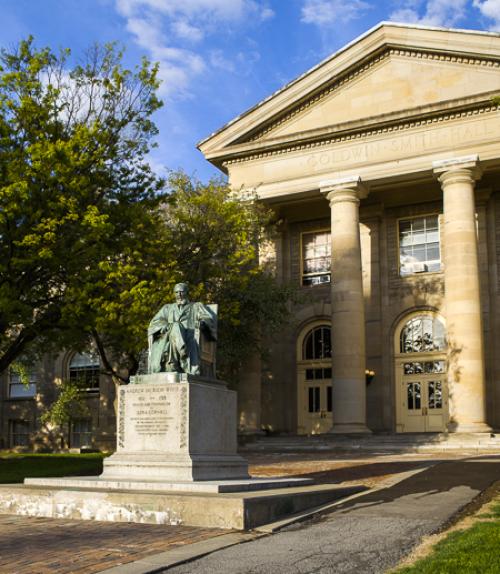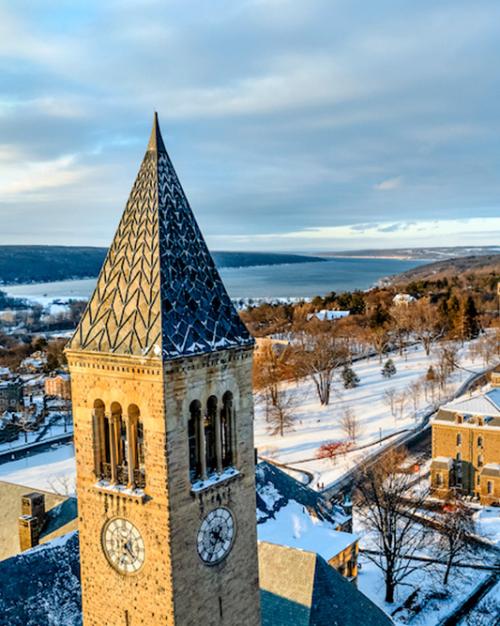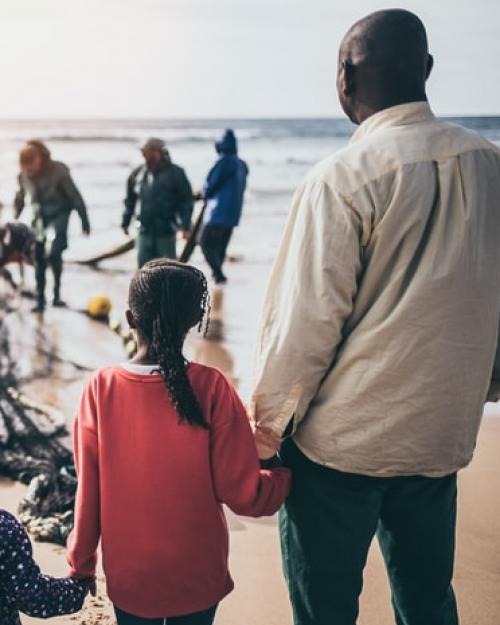The White House released its report on climate change and migration this week, focusing on the drivers of migration due to climate pressure and the U.S. role in working with the international community to address it.
Maria Cristina Garcia, Howard A. Newman Professor of American Studies, is an expert on U.S. migration and refugees, and is currently completing a book on the environmental origins of “climate refugees.”
Garcia says that "the Biden administration’s new report on climate-driven migration discusses the many ways the United States has helped—and can continue to help—nations that are currently on the frontlines of accelerating climate change. It acknowledges the need to help populations adjust so they can exercise the right to stay home.
“However, to address climate migration the administration needs to proceed on three fronts simultaneously: 1) a deceleration of climate change; 2) disaster risk reduction to help populations adjust to climate change; and 3) resettlement of those populations that will never be able to adapt to climate change. More needs to be done on all these fronts," said Garcia.
For media inquiries, contact Rachel Rhodes, 585-732-1877, rer252@cornell.edu.




